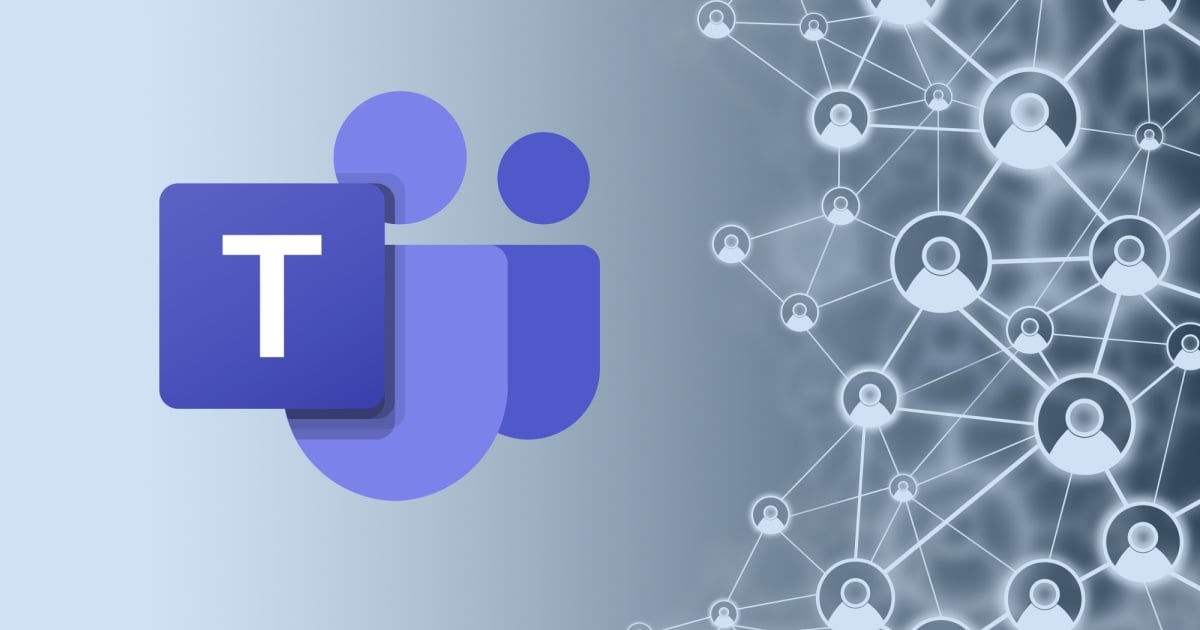
Cyber security is becoming an increasingly pressing concern for businesses of all sizes. As digital transformation continues to reshape the business landscape, organizations are generating and handling more data than ever before. Unfortunately, this has not gone unnoticed by cybercriminals, leading to a surge in cyber threats and attacks. Indeed, whereas cyber security may have once been a second-tier priority, today, it’s not an option – it’s a necessity.
Why? Well, pure economics, for one thing. The average cost of a data breach continues to rise, reaching $4.35 million globally in 2022 (and a hefty $9.44 million in the U.S.).
As businesses rely more heavily on their digital infrastructures, protecting these assets from potential threats has become a vital business strategy. Despite this, some businesses still treat cyber security as an afterthought, though not necessarily by choice, but due to various challenges they face in developing and executing effective security strategies, including:
- Complex IT Environments – With the proliferation of digital tools and platforms, IT environments have become increasingly complex, making it difficult to maintain appropriate and effective security postures.
- Lack of Skilled Staff – There is a severe shortage of qualified cyber security professionals worldwide. Many organizations struggle to attract and retain talent, which leaves them vulnerable to cyber threats.
- Rapidly Evolving Cyber Threats – Cyber criminals are continually refining their techniques, making yesterday's security measures less effective against current threats and requiring more management, maintenance, and updates to security solutions.
- Cost of Security Infrastructure - Establishing an in-house cyber security team and maintaining a state-of-the-art security infrastructure can be prohibitively expensive for many organizations.
The concept of Cyber Security as a Service (CSaaS), however, is changing business perspectives and is making comprehensive cyber security more accessible and cost-effective. According to one recent report, the CSaaS market is expected to reach $56.6 billion by 2033, up from $14.1 billion last year.
This surge certainly reflects the increased recognition of cyber security as an integral part of business strategy but, perhaps more importantly, an acknowledgement that most businesses are ill-equipped to provide the level of security required today. With a continued rise in sophisticated cyber threats, stringent regulatory requirements for data protection, and increased adoption of cloud-based services – and a plethora of CSaaS solutions to choose from, moving partially or fully to a managed Cyber Security as a Service solution makes all the sense in the world.
Therein lies the opportunity for MSPs. With an increasing number of businesses looking to outsource their security needs, MSPs are well-positioned to offer tailored cyber security solutions. By doing so, they can capitalize on a growing CSaaS market while simultaneously helping businesses secure their digital assets.
As MSPs explore these opportunities, they should focus on demonstrating how a strong cyber security posture contributes to the overall business strategy. For instance, it mitigates the risk of costly cyber attacks, ensures compliance with data protection regulations, and safeguards a company's reputation. A strong, effective cyber security strategy can also provide a competitive advantage – customers and partners today are keenly aware of digital risks and are prone to working with organizations that have proven they take data protection seriously.
MSPs need to differentiate themselves in a crowded CSaaS market – there are more cyber security solutions on the market than ever. Like most technology, security doesn’t typically fit into a one-size-fits-all strategy and MSPs should offer comprehensive, bespoke solutions tailored to each client's unique needs.
This might mean offering a range of security products, such as network security, endpoint security, application security, cloud security, incident response and management, compliance management, etc. The ability to offer 24/7 monitoring and real-time response to security incidents can also be a differentiator, along with easily accessible SOC teams.
Another key area where MSPs can benefit businesses is in navigating increasingly complex IT environments. With the integration of legacy systems, on-premises infrastructure, and cloud services and applications, managing security across these platforms is anything but simple. MSPs and their partners have the expertise and experience with the up-to-date security tools and strategies (e.g., MDR, XDR, Zero Trust, etc.) to help businesses overcome these challenges, making them a valuable part of a company's cyber security strategy. They work, according to IMB’s “Cost of a Data Breach Report 2022.”
- Fully deployed security AI and automation controls reduce data breach costs by 65%
- Well-designed Incidence Response Plans reduce breach damage costs by 58%
- Overall, Zero Trust solutions reduce breach costs by 21%
- Mature Zero Trust deployments reduce breach costs by 36%
- XDR technologies reduce breach costs by 9%, but reduce the average breach time by nearly a month
But, despite the opportunity CSaaS presents, it’s not without its challenges. Concerns around data privacy and trust in third-party providers remain and MSPs must prioritize building trust with their clients. Operational transparency, understanding of and strict adherence to data protection regulations, and a fundamental demonstration of security understanding will go a long way in building trust.
Cost is, of course, another factor. MSPs need to be mindful of the cost considerations for businesses, particularly SMBs, which have limited budgets. While CSaaS can be a more cost-effective strategy than in-house security teams, MSPs should embrace flexible pricing models that can accommodate different budgets. Again, transparency is also important. Eliminating hidden costs that can catch customers off guard will only help build stronger relationships.
The importance of cyber security cannot be overstated and Cyber Security as a Service offers a path to securing digital assets and infrastructure without requiring a full in-house security team. MSPs, with their expertise and resources, have been dealt an almost can’t-miss hand if they play their cards right.
Edited by
Erik Linask






